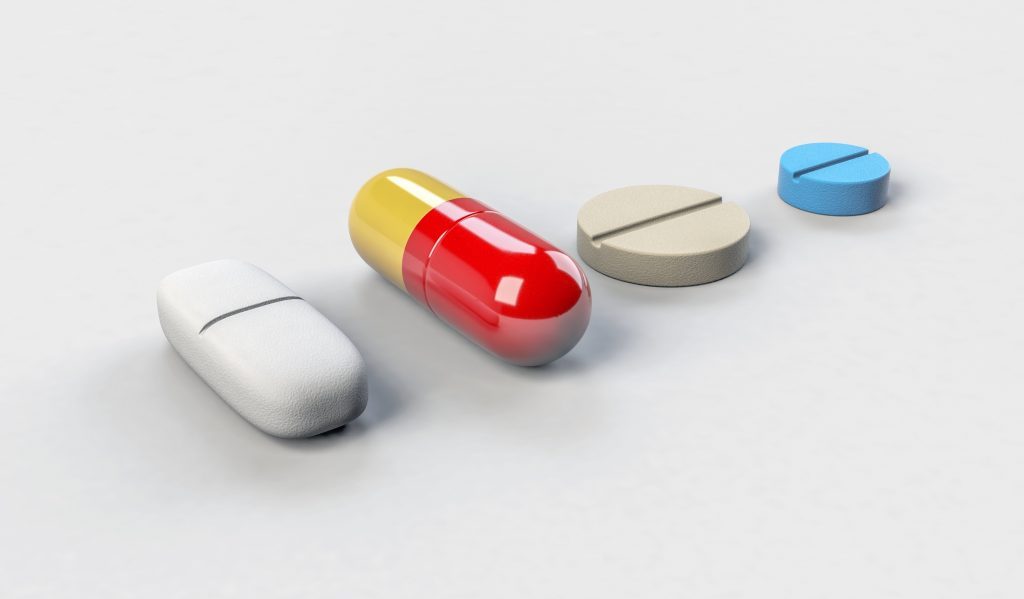Lung cancer mainly refers to primary lung cancer, i.e. a cancerous (malignant) tumor that starts in the cells of the airways or lungs. It’s the most prevalent and deadly cancer in the world.
Depending on the type of cell in which cancer started, lung cancers are divided into small cell and non-small cell. Small cell accounts for about 15% of all lung cancers and is the most malignant type. It can be poorly treated by surgical resection and is more sensitive to radiotherapy and chemotherapy.
Causes
The causes of lung cancer are not fully understood and risk factors include
- Smoking: It’s the primary cause. Smokers have a much higher risk of developing lung cancer compared to nonsmokers.
- Passive smoking
- Carcinogens in the environment
- Radiation
- Family history of lung cancer
- Underlying lung diseases
Symptoms
Lung cancer rarely shows obvious symptoms in its early stages, and only when it reaches a certain stage do symptoms appear.
Typical symptoms include
- Chronic cough
- Blood in sputum
- Chest pain
- Shortness of breath
- Hoarseness
Other symptoms include
- Recurrent lung infections
- Shoulder and arm pain
- Unexplained weight loss
Prevention
The likelihood of lung cancer can be reduced by
- Quit smoking
- Stay away from second-hand smoke
- Avoid cancer-causing agents (carcinogens)
- Proper ventilation in living spaces
- Healthy diet
- Exercise
Diagnosis
Lung cancer is mainly diagnosed by imaging tests and biopsy, which are performed as follows.
- X-rays: a screening test of limited diagnostic value
- Chest CT: the most effective screening test for lung cancer
- PET-CT
- MRI (Magnetic resonance imaging)
- Bronchoscopy
- Thoracoscopy
- Biopsy
Treatment
Treatment for lung cancer depends on its type and stage.
If it’s in its early stages and has not spread (metastasized), then the surgeon may remove the tumor surgically and may also use radiotherapy or concurrent radiotherapy (i.e. both radiotherapy and chemotherapy).
If it is advanced and has metastasized, it may be treated with radiotherapy, chemotherapy, targeted therapy, immunotherapy, or even a combination of treatments.
Nutrition and Diet
A healthy and balanced diet can help you recover after treatment. Eat a combination of meat and vegetables and less fatty meat. Eggs and milk are important sources of protein and other nutrients. Eat more fresh fruit and vegetables. Try not to drink alcohol.
Precautions
Timely follow-up after lung cancer treatment is very important. The frequency of follow-up depends on the treatment used and the patient’s medical history.
After surgery, if no further treatment is required, take care of your body and follow the doctor’s instructions for regular follow-ups. If further treatment is required, patients should be well-nourished and have functional exercises for better recovery.
Patients undergoing radiotherapy should wear loose clothing and avoid sunlight on the chest to relieve the skin irritation caused by radiotherapy. It is noted that you should not use skin creams on your own unless approved by your doctor.
It is important to ensure complete nutrition after chemotherapy by eating high protein, vitamin-rich foods and eating small meals to prevent nausea, vomiting, and constipation.
Prognosis
The prognosis for early-stage lung cancer is very good, with a high probability of cure. The prognosis for middle and late-stage is relatively poor, and patients usually find it difficult to survive for a long time.
